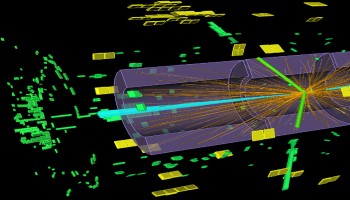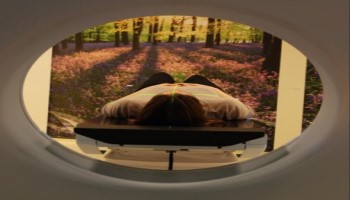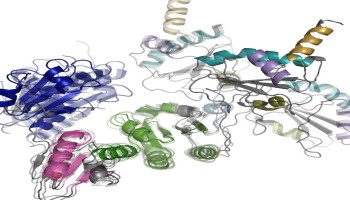Research

Astronomy & Astrophysics
Interested in stars and planets, how they live and how they die, and the exotic physics processes that they allow us to explore.

Centre for Fusion, Space & Astrophysics
Focusing on plasma physics applied to the grand challenges of magnetic and inertial fusion power, space physics, solar physics, and astrophysics.

Condensed Matter Physics
Carrying out research across a broad range of fundamental and applied problems in solid state physics and materials science.

Elementary Particle Physics
Researching the fundamental particles of matter and the forces by which they interact.

Medical Physics
Activity in medical physics and imaging research, working in tandem with University Hospitals Coventry and Warwickshire.

Theoretical Physics
Working on problems in non-equilibrium biophysics, the dynamics of complex fluids, the electronic properties of materials, and quantum information science.
Our Research
Beyond core physics, scientific diversity is indicated by the involvement of many staff in multidisciplinary ventures:
- Research Technology Platforms for Electron Microscopy, X-ray Diffraction, Spectroscopy, X-ray Photoemission Spectroscopy, Warwick Centre for Ultrafast Spectroscopy and Scientific Computing. These RTP facilities and other analytical capabilities can be accessed from outside of the University via Warwick Scientific Services.
- University-wide Global Research Priorities, especially those centred on Materials and Energy
- EPSRC Centres for Doctoral Training: Modelling of Heterogeneous Systems, Mathematics for Real World SystemsLink opens in a new window, Diamond Science and Technology and Molecular Analytical Sciences.
- The Midlands Physics Alliance Graduate School provides collaborative training for PhD students across the Universities of Birmingham, Bristol, Keele, Leicester, Loughborough, Nottingham, Nottingham Trent and Warwick.
About Us
Warwick is one of the top 10 research environments in the UK for Physics, as assessed by REF 2021Link opens in a new window, with all aspects considered to be either world-leading or internationally excellent.
96.5% of our research papers submitted to REF 2021 were judged to be at least "internationally excellent" (3* or 4*) and 45% were "world-leading" (4*).
If you wish to join us, all vacancies are advertised on our Jobs page.
